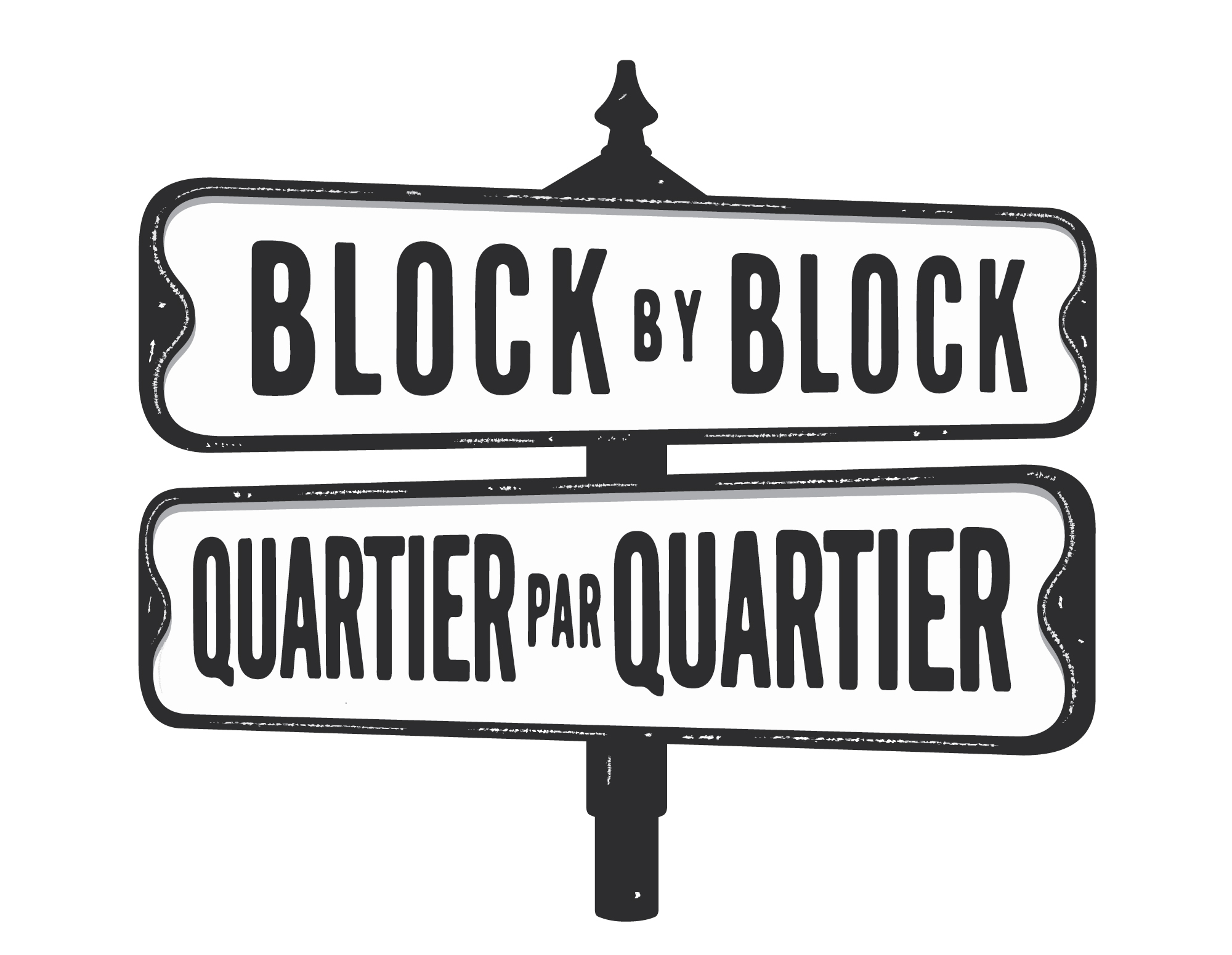Regent Park
Something That Couldn’t Happen Before
Talking about discrimination, joy, social ties, and community.
NEIGHBOURHOOD:
THEMES:
TALKS ABOUT:
Discrimination, joy, social ties, and community.
Back in the day, it was all public housing. So, when you grew up, if you went off and did well for yourself, you didn’t get to come back, because you have to be eligible for public housing to get a unit. But now, with mixed and private market both in the neighbourhood, you can come back and live in your community without having to be processed through the public housing realm. That’s something that couldn’t happen before.
— Deany Peters
Despite a long history of community activism, resident organizing, and deep community networks built across religious, ethnic and social differences, Regent Park has long been associated with stigma, violence and negative neighbourhood elements, rooted in the perceived disadvantages of living in a neighbourhood designed for residents living on a low-income. Excerpts from Regent Park community members Deany Peters and Taijah Abotassaway highlight some of the stereotypes and misconceptions people hold about the neighbourhood. As Deany observes, Regent Park has many histories and, depending who you are, you may be privy to some versions of that history but not others. In conversation with various Regent Park residents, both new and old, past and present, it became clear that the image of Regent Park as a close knit, service-rich, well-located neighborhood with a strong sense of community ownership, supportive social ties and deep community mindedness is seldom highlighted in popular understandings of the neighbourhood. This audio clip highlights the complexity of neighbourhood histories. No one issue, event or story can be understood as simply good or bad, or black or white.
Excerpts From Regent Park Community Members Deany Peters and Taijah Abotassaway:






